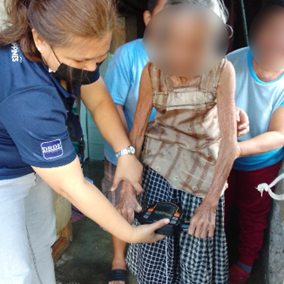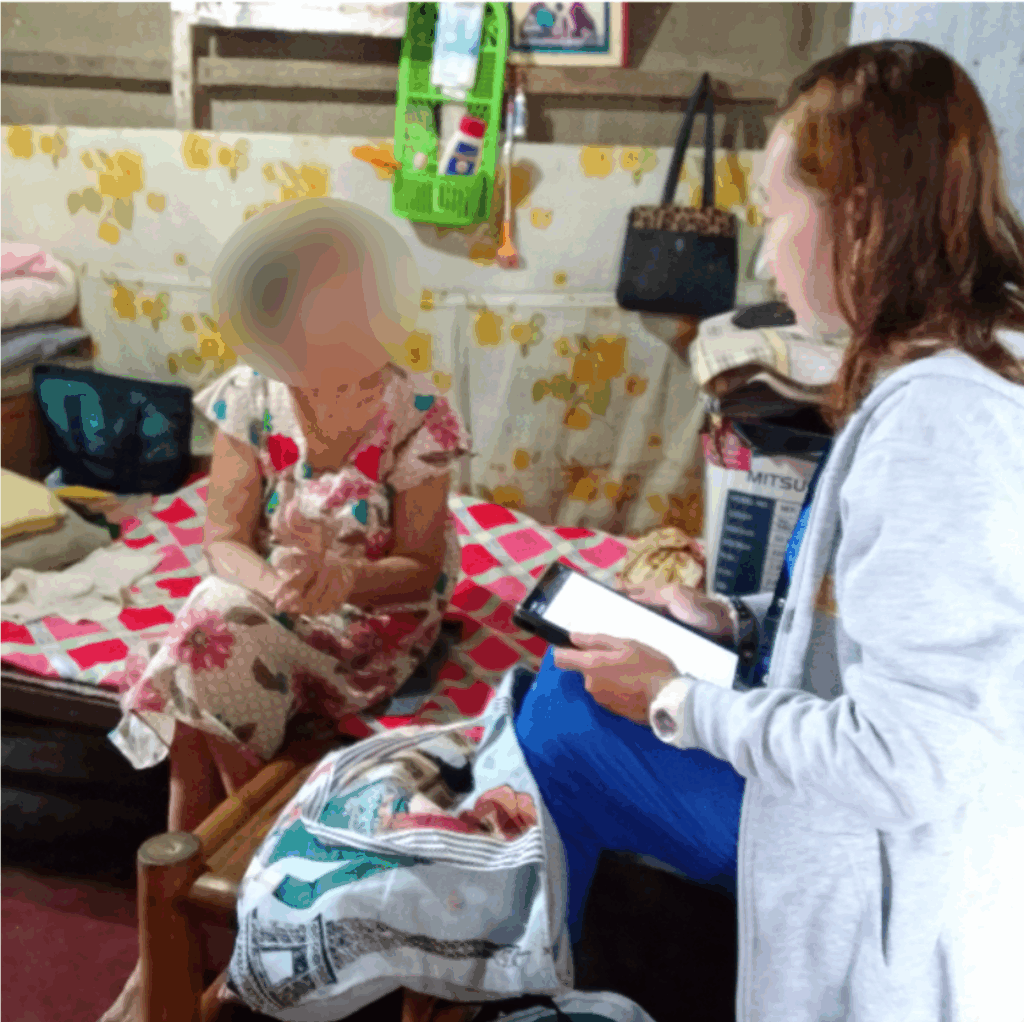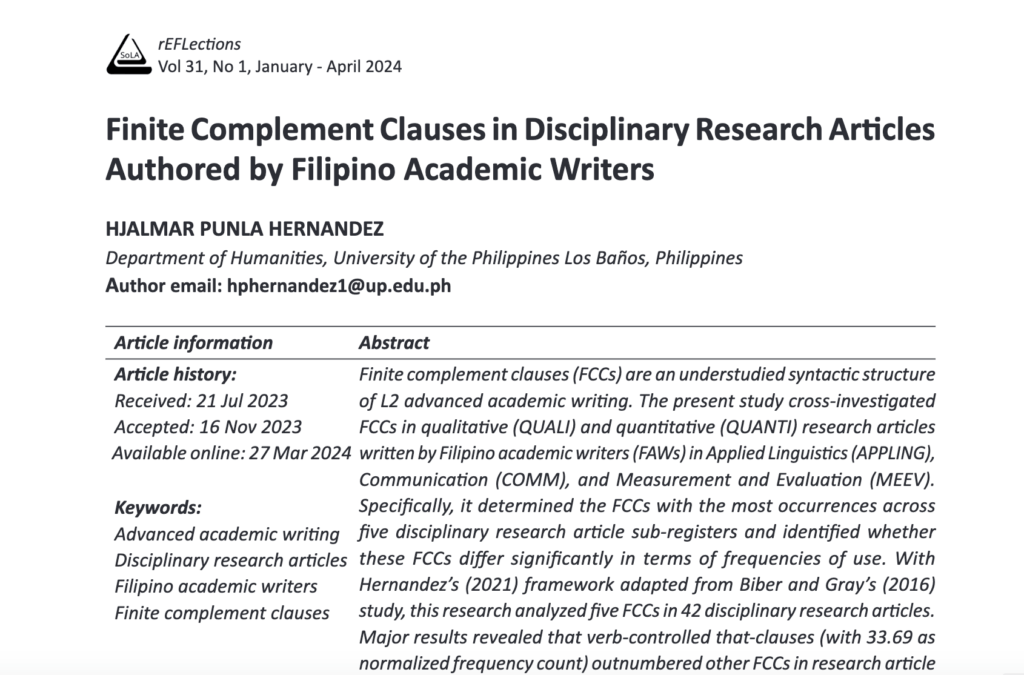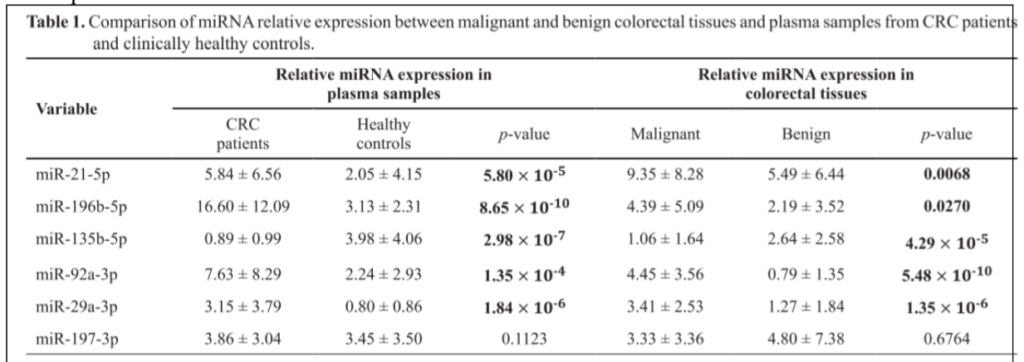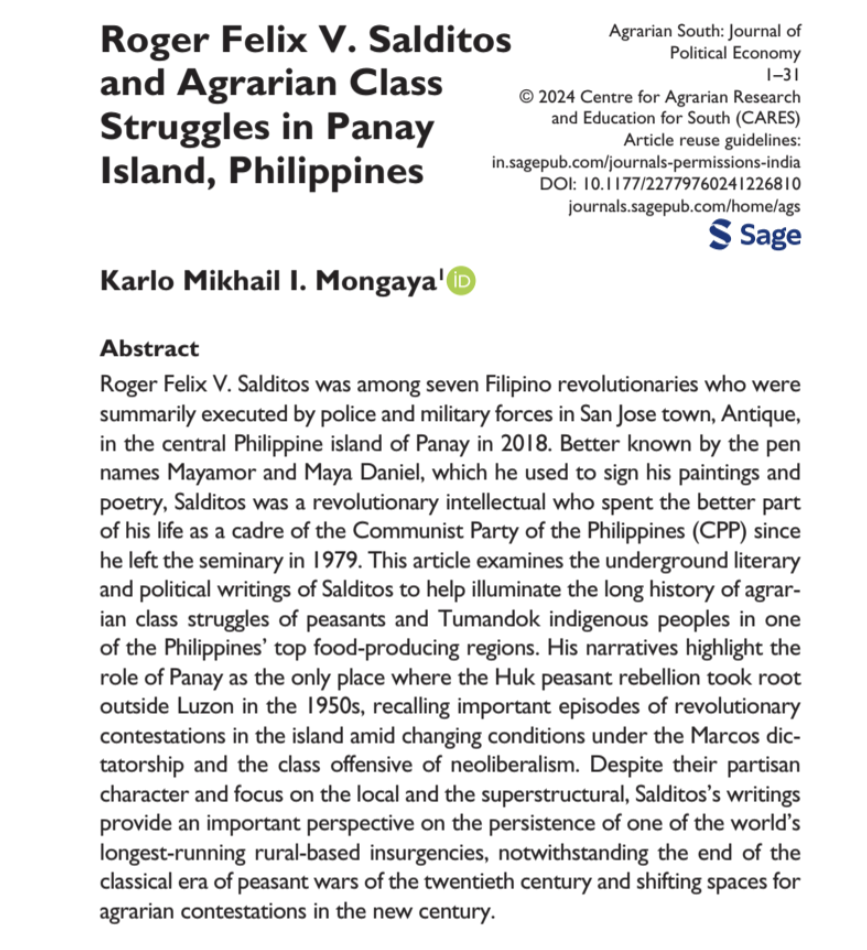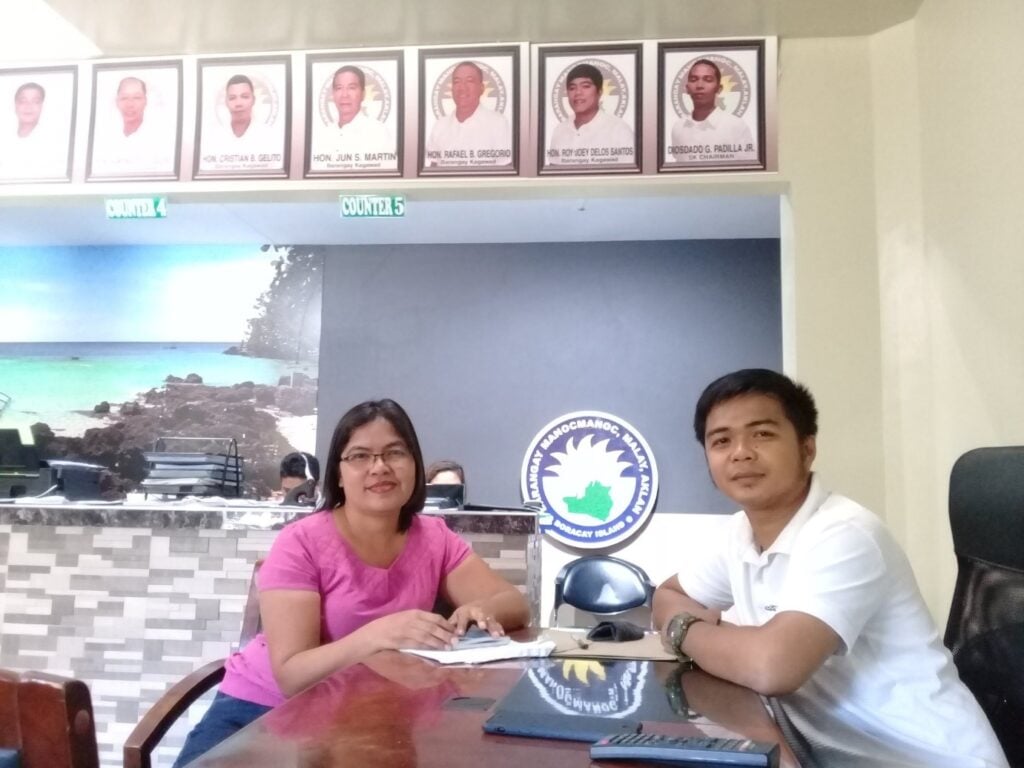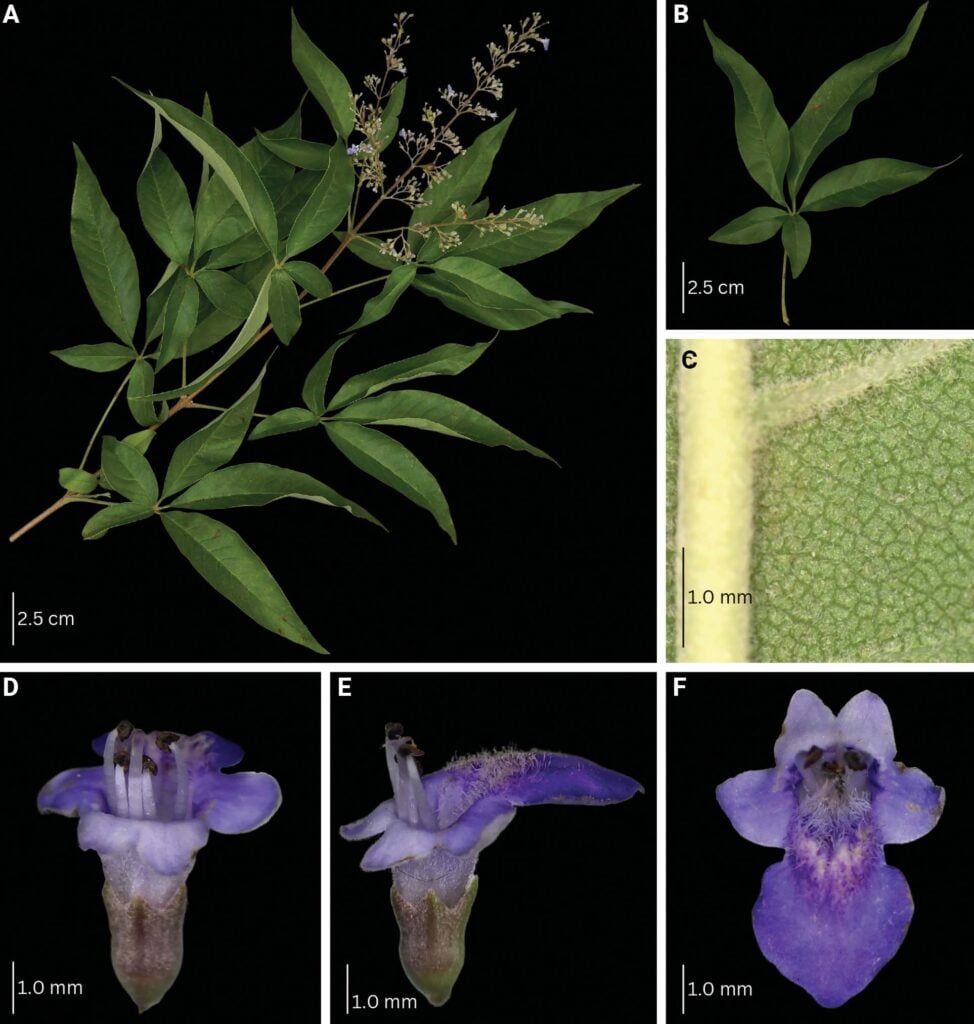Research
As the national university, we champion and support innovative research that addresses the country’s most pressing challenges.
28 Feb 2025
Transforming higher education requires a more diverse and inclusive landscape especially for women and minority groups in STEAM
This research dives into how higher education can be transformed through leadership focused on Equity, Diversity, and Inclusion (EDI). In...
Read More26 Feb 2025
The proposed Input-Process-Output-Outcome/Result Model evaluates the success of the Philippine Olympic Committee Athletes’ Commission
The paper discusses the various institutions, laws, policies and programs of Olympic governance in the Philippines from the American era...
Read More25 Feb 2025
Approximately 30% of older adults worldwide suffer from falls each year, making falls a critical public health issue
This study utilized baseline survey data from the Longitudinal Study of Ageing and Health in the Philippines (LSAHP) and the...
Read More18 Feb 2025
Preventing frailty and depression may improve sleep health in those who are food insecure
Extensive research reveals the close relationship between food insecurity and the occurrence of sleep problems due to mental health. In...
Read More17 Feb 2025
Verb-controlled that-clauses are the most useful finite complement clauses in applied linguistics, communication, and measurement and evaluation research articles
The study cross-investigated finite complement clauses (FCCs) in qualitative (QUALI) and quantitative (QUANTI) research articles (RAs) written by Filipino academic...
Read More12 Feb 2025
Machine learning can identify cancerous samples with almost 100% accuracy and could thus replace the current, more traumatic screening methods
The success rate of treating colorectal cancer (CRC) can be greatly increased through the early and accurate diagnosis of the...
Read More11 Feb 2025
Roger Felix Salditos’s writings offer a key perspective on the persistence of one of the world’s longest-running rural insurgencies
Roger Felix V. Salditos was among seven Filipino revolutionaries who were summarily executed by police and military forces in San...
Read More11 Feb 2025
Boracay, Gigantes and Guimaras islands are in potentially sustainable status according to locals and visitors
This study considered the interaction or nexus of people and the natural resources in small island tourist destinations in the...
Read More10 Feb 2025
Can we use acoustic indices to estimate the relative number of bird species in urban areas?
Birds are used as biological indicators of ecosystem health. They are often surveyed through point count method which requires skilled...
Read More10 Feb 2025
Mindset and emotional resilience, known as psychological capital, can improve the overall educational experience of students and teachers
This paper delves into how the mindset and emotional resilience—referred to as psychological capital or PsyCap—of students and teachers in...
Read More07 Feb 2025
The use of skin-lightening products is linked to psychological distress among Filipinos
The Philippines is one of Southeast Asia’s top consumers of beauty products. There have been few studies on the psychological...
Read More06 Feb 2025
Two species belonging to the group of species commonly known as lagundi were found to be endemic to the Philippines
The Vitex trifolia complex in the Philippines consists of economically important medicinal species, including five species collectively referred to as medicinal “lagundi”. The V. trifolia complex...
Read More


